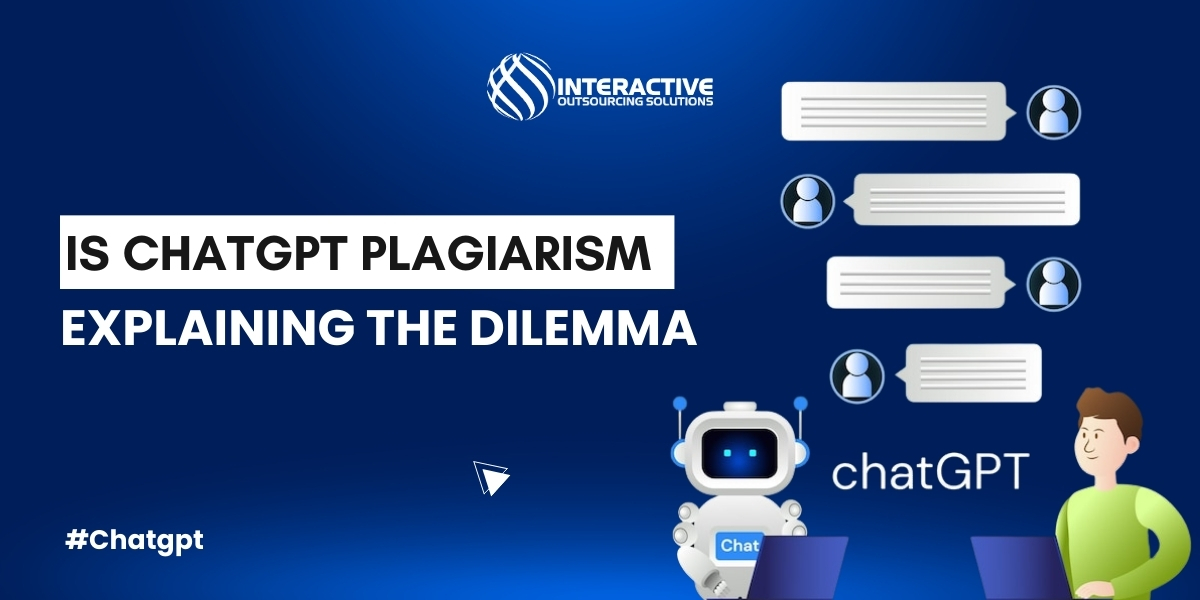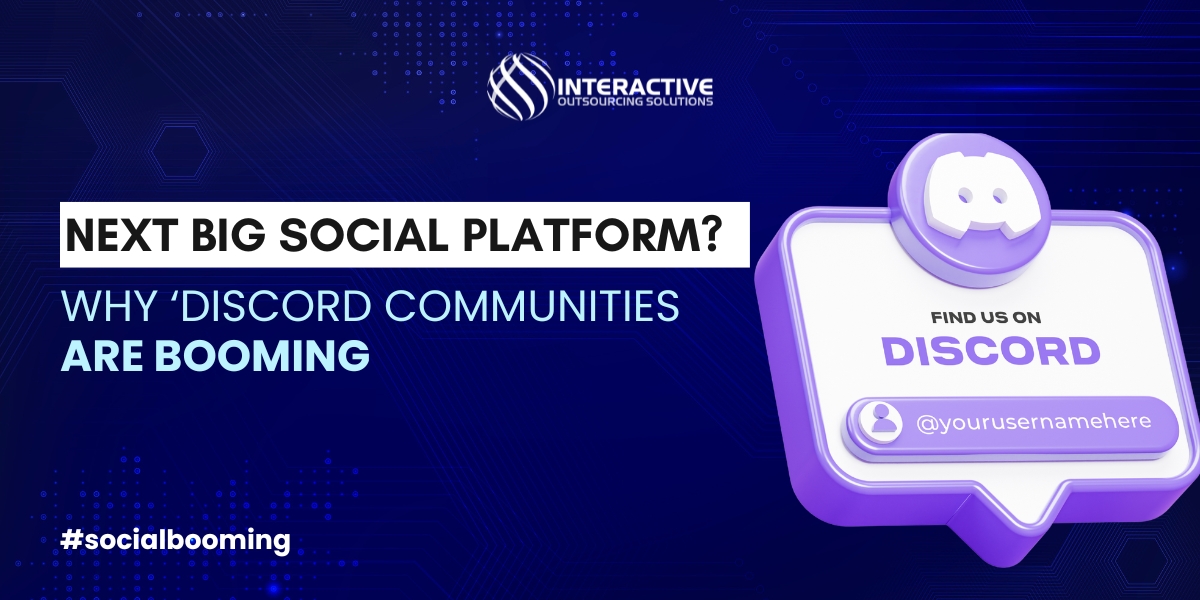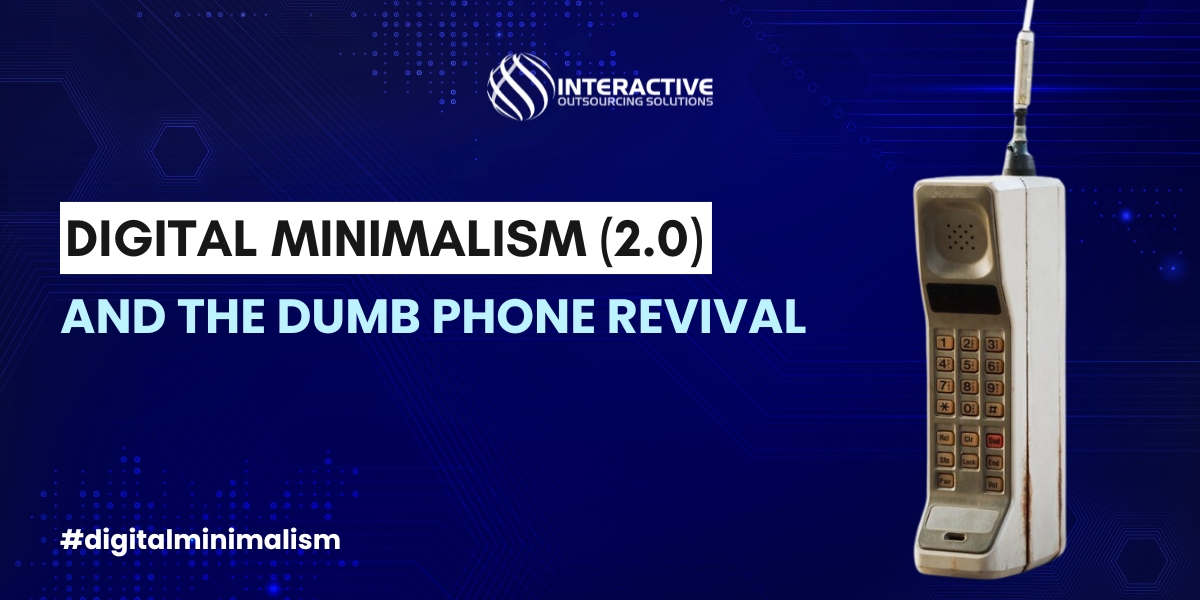ChatGPT plagiarism
The distinguishing feature of the latest chatbots, including ChatGPT, lies in their application of natural language processing, which enables them to produce responses that closely resemble human communication and exhibit a level of sophistication unprecedented in prior technologies.
Since its introduction by OpenAI in November 2022, users across the internet have engaged with this conversational artificial intelligence in both entertaining and practical manners. To date, ChatGPT has been utilized for a variety of purposes, including composing music, writing poetry, generating content, providing advice, and more. It is an exceptionally intelligent tool, demonstrating human-like linguistic abilities and seemingly boundless potential.
However, ChatGPT also prompts ethical considerations and questions like, is using chat ChatGPT plagiarism, or is copying from ChatGPT plagiarism?
In this post, we will elaborate on the answer to the question: does ChatGPT count as plagiarism?
Is using ChatGPT plagiarism?
The answer to the question of whether is ChatGPT Plagiarism free will not be a bit more than simply yes or no.
Is ChatGPT plagiarism or engages in plagiarism in a traditional sense? The answer is no, because it does not directly replicate information to present to users. Rather, it assimilates knowledge from various sources to formulate the responses it provides. However, it may incorporate concepts from other authors without proper attribution, which constitutes a type of plagiarism. Additionally, it can produce content that closely mirrors existing material, potentially leading to perceptions of plagiarism.
Let us try and understand how ChatGPT works.
ChatGPT functions as a language model that employs deep learning methodologies to understand and produce text that resembles human communication. It achieves this by analyzing extensive datasets, which encompass written material, to identify patterns, linguistic frameworks, and contextual nuances. Users engage with ChatGPT by submitting inquiries in natural language, including thought-provoking questions such as, “Is using ChatGPT plagiarism?”
Is ChatGPT plagiarism free?
ChatGPT does not constitute plagiarism in a direct sense. Utilizing AI tools such as ChatGPT results in a compilation of information that is assembled into a relatively coherent structure. This has raised concerns among universities, educators, employers, and other stakeholders regarding the potential for AI-generated content to diminish originality and its implications for academic dishonesty.
The language model, as previously indicated, is constructed utilizing text input, and its responses are produced based on data and information that have been mechanically learned from a variety of online sources and authors. Consequently, there is a possibility that instances of plagiarism may surface in the generated output at any moment.
This indicates that ChatGPT is a search medium that leverages information and content to consolidate the most relevant information into a single context but that so far this can not be termed as plagiarism because the information does not feed any SEO or SMM-based needs directly.
To answer, is chat GPT considered plagiarism free? We would say, it is not plagiarism free due to its feature of quoting references as it is. This raises questions on the second aspect of plagiarism association with ChatGPT. Which is if copying information from ChatGPT to compose blogs and copywriting is plagiarism.
Is copying from ChatGPT plagiarism?
As AI language models, including ChatGPT, gain popularity, there is growing concern regarding the use of content produced by these tools without appropriate attribution and whether it amounts to plagiarism. The determination of this issue hinges on two key factors
- The intended purpose of the content and
- The particular guidelines are established by academic institutions or publishers.
The question “Is using ChatGPT plagiarism?” touches on the ethical implications of AI models. This is especially relevant in discussions comparing ChatGPT-3 and ChatGPT-4, which draw from a wide array of internet sources. Although these models can generate coherent text by recognizing patterns, they do not have the intention to copy existing content.
There is a nuanced difference between ChatGPT-3 and ChatGPT-4 when it comes to minimizing unintentional plagiarism. ChatGPT-4, as a more sophisticated model, utilizes improved training methods and better data filtering. This advancement helps lower the chances of producing text that closely mirrors existing material, giving users greater assurance in the uniqueness of its outputs. However, it’s important to note that ChatGPT is not completely free from plagiarism. As an AI content generator trained on pre-existing content, there is still a high possibility of overlap.
It’s always a good idea to continue using free online plagiarism checkers to make sure you don’t run into any issues when you share what you’ve learned from ChatGPT.
Guidelines to avoid ChatGPT plagiarism.
We don’t intend to scare you from using ChatGPT. You don’t have to shy away from ChatGPT and other AI tools; instead, you can embrace them while making sure your writing remains authentically yours. Here are some tips to help you stay genuine and in the end we will discuss briefly how to avoid plagiarism with chatGPT and follow ethical guidelines alongside.
Permissions & approvals.
If you’re uncertain about how to use AI for your assignment, it’s a good idea to reach out to your instructor. They can clarify which AI tools you are allowed to use. many educational institutions, scientific journals, and publishers are revisiting their plagiarism policies. Their responses range from strictly banning the use of ChatGPT to redefining plagiarism and giving rules for using the tool.
Knowing that ChatGPT is just a tool.
To effectively use ChatGPT for crafting a unique and original piece of writing, having the appropriate permissions is essential. However, simply entering a basic prompt and settling for the output isn’t enough. It’s akin to trying to build a whole structure with just a hammer; it’s merely a tool and can’t do everything on its own. You are the one in charge of the project, and you need to engage your mind, utilize various tools, adhere to plans, and more.
The most effective applications of ChatGPT emphasize the generation of ideas or the enhancement of specific parts of your writing, rather than relying on the tool to compose an entire paper. For instance, it can be utilized to address writer’s block, develop an outline, condense lengthy texts, or identify relevant sources.
Carefully locate and reference sources.
ChatGPT utilizes a wide range of sources, but it has gained a reputation for often failing to cite them accurately. The information provided should be viewed as a preliminary reference rather than a conclusive answer, and it typically does not offer sources unless explicitly requested. Additionally, the cited sources may not always be reliable.
It’s important to remember that ChatGPT is limited to information it has acquired up until 2021. Therefore, if your area of study demands the most current data, you’ll have to conduct your research. After gathering the necessary sources, ChatGPT can assist you in saving time by highlighting the key points or clarifying intricate texts. You can also use external sources such as Ahref’s paragraph rewording tool to ensure that your content sounds exclusive.
Data validation.
OpenAI states that ChatGPT can occasionally produce responses that sound credible but are incorrect or nonsensical. This indicates that the information provided may not always be trustworthy, as it could be entirely fabricated. It is essential to verify and cross-check all data and claims for accuracy to ensure your work maintains credibility and to avoid any allegations of falsifying evidence.
Write carefully
View Chat GPT as an assistant for writing rather than just a content-producing machine. Regardless of the plagiarism concerns surrounding Chat GPT, it can provide beneficial insights and ideas. Thus, it is important to paraphrase and rearrange the information in your own words to ensure originality.
Conclusion
After careful understanding of the fact that, is chatGPT considered plagiarism? We can derive that when generating content with Chat GPT that references external sources, it is important to include proper citations. This means recognizing and attributing the original authors or sources to give them the credit they deserve.
Treat Chat GPT as a writing assistant rather than a content generator. While it may not intentionally plagiarize, it can still provide valuable insights and ideas. Therefore, it is vital to rephrase and restructure the information in your own words to avoid any direct copying. Always cross-check the information and facts provided by Chat GPT with reliable external sources to confirm their accuracy and authenticity before using them in your work. To mitigate concerns about potential plagiarism, consider using plagiarism detection tools to identify any unintentional similarities with existing content. Before considering whether Chat GPT is free from plagiarism, it is important to take thoughtful actions. Be mindful of the potential impact your content may have on others and the community at large. Avoid using the AI model to generate harmful or misleading information that could negatively influence individuals or society.






